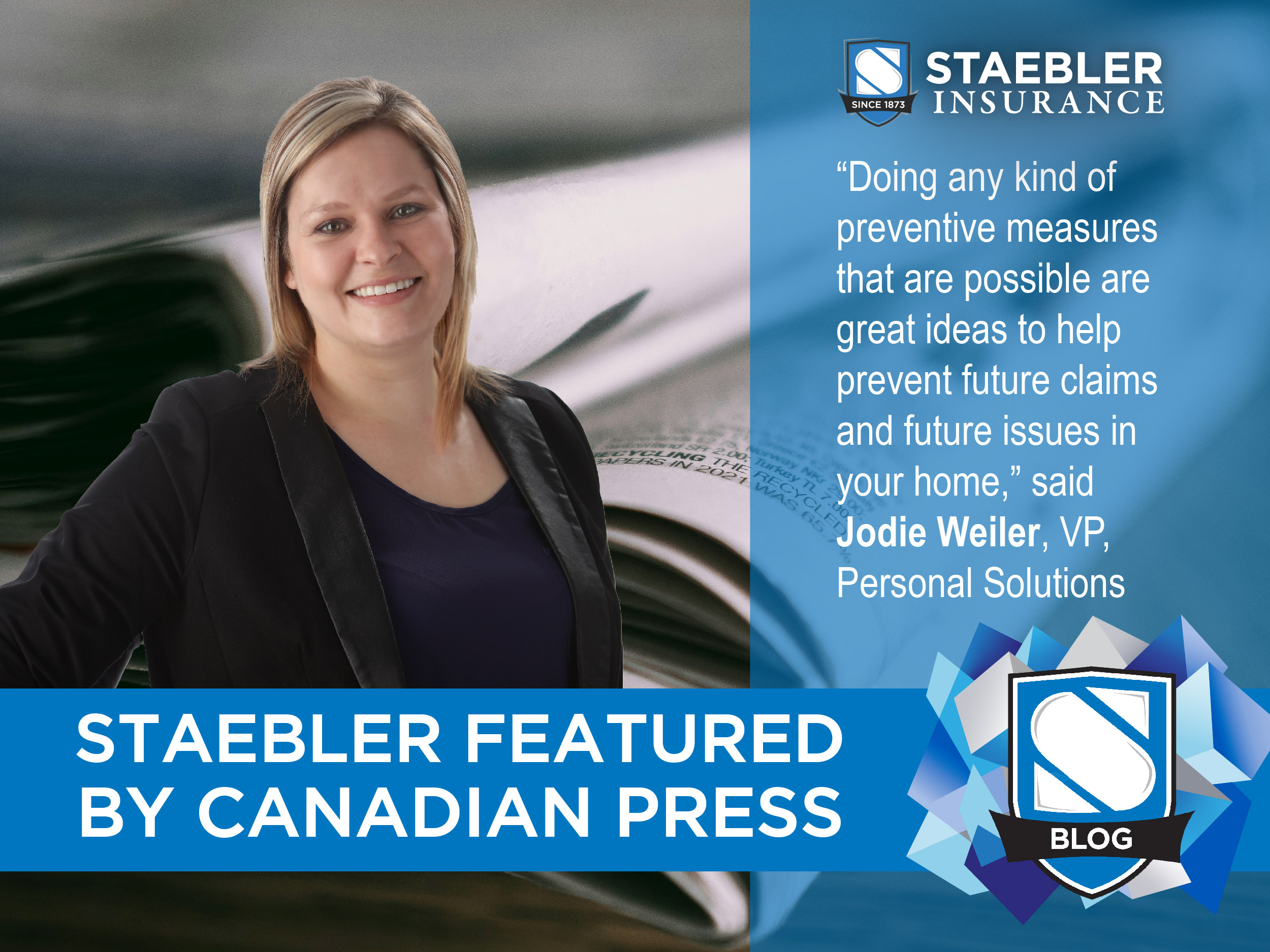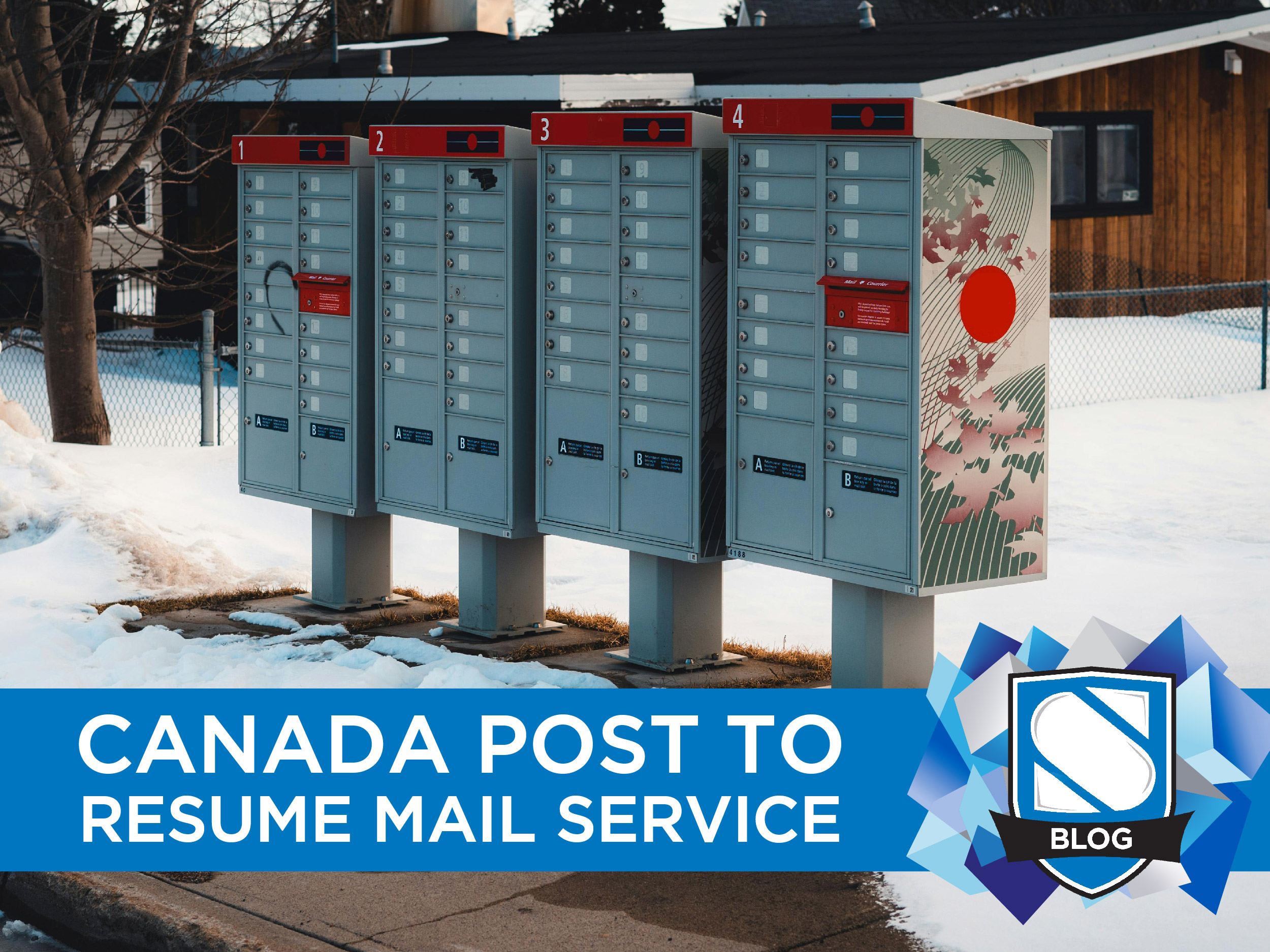Loss adjusters are the on-scene arm of the insurance industry. When misfortune strikes, they’re the ones who will come travel to the location of the claim and look at the damage first hand.
Loss adjusters are responsible for investigating the extent of the damages on a claim. When somebody suffers from a disaster such as a fire, a theft, an automobile accident, or whatever else and they file a claim through their insurance, a loss adjuster is dispatched to see firsthand the extent of the damage done and what kind of compensation will be required.
The work of a loss adjuster is not unlike a reporter or even a detective. They’ll interview the claimant along with any witnesses to the incident, examine police reports or medical records if appropriate, and personally assess the situation from a ground level. Taking these findings, the adjuster will compile a report and send their recommendations back to the insurance companies.
Due to the hands-on nature of the work, loss adjusters are typically used in situations where a closer look is warranted. When you get into a fender bender with your car and file a claim for example, you’ll need to provide proof of the accident (reports, photos, copies of the bill, etc), but an adjuster likely won’t need to come out and see it.
The loss adjuster performs another crucial role. Insurance fraud is, unfortunately, a real concern for insurance companies. The more false claims a company needs to process, the higher its rates need to be to compensate for the losses. By making sure that claims are legitimate and assessing claims fairly and accurately, loss adjusters help keep the price of insurance down across the industry.
Of course, there are occasions where conflict arises. When a claimant disagrees with the assessment of a loss adjuster, there are options available to them. If you have a broker, they can advocate on your behalf; brokers put in a lot of time and energy drilling into the details of the coverage wordings so they can have those debates with insurance companies. Another option is to hire an independent loss adjuster for a second opinion.
It’s a job that carries a heavy burden of responsibility. Potential adjusters need to be highly motivated and independent people. Good adjusters have an in-depth understanding of the insurance business, resourcefulness and great people skills.
Loss adjusters frequently meet people on the worst day of their lives, they need to possess a high degree of empathy, patience, and interpersonal skills when they are helping those customers put their lives back to normal. They can also encounter the occasional spot of conflict so being able to deescalate tense situations and maintain an objective view point are other key skills any loss adjuster should possess.














0 Comments